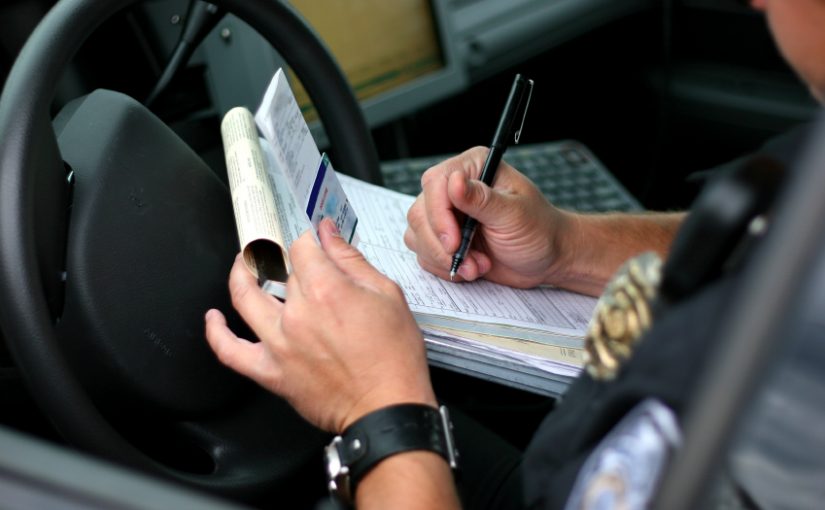
A veteran homicide detective shared these sentiments recently after a training session and it gave pause in the post-training debriefing. The authors eventually had to acknowledge that in order to be more effective in their counter-terrorism training, more work had to be done addressing the ever-present negative perceptions and occupational biases regarding the ethical side of policing. Clearly, policing privacy and the sensitive handling of personally identifying information of citizens entails respecting both the legal and ethical sides of law enforcement. Omitting or ignoring such perceptions, whether valid or not, could prove to be costly to any agency down the road. The authors feel that any training curriculum needs to delve into the nexus between the legal and philosophical sides of policing in order to be effective.
Who failed this officer in his policing maturation process? The profession, his organization’s chief executives, his middle managers, first line supervisors, his academy trainers? Whose duty was it to instill and monitor this officer’s moral compass? Or was it his screening process that failed to detect this personal disdain for the nobility expected of his chosen profession? Or possibly was it learned behavior from years of growing cynicism from the job—from his perceptions of ungrateful, disrespectful citizens to a growing distrust of his superiors so common in the police subculture? Or was it a combination of all of the above?


